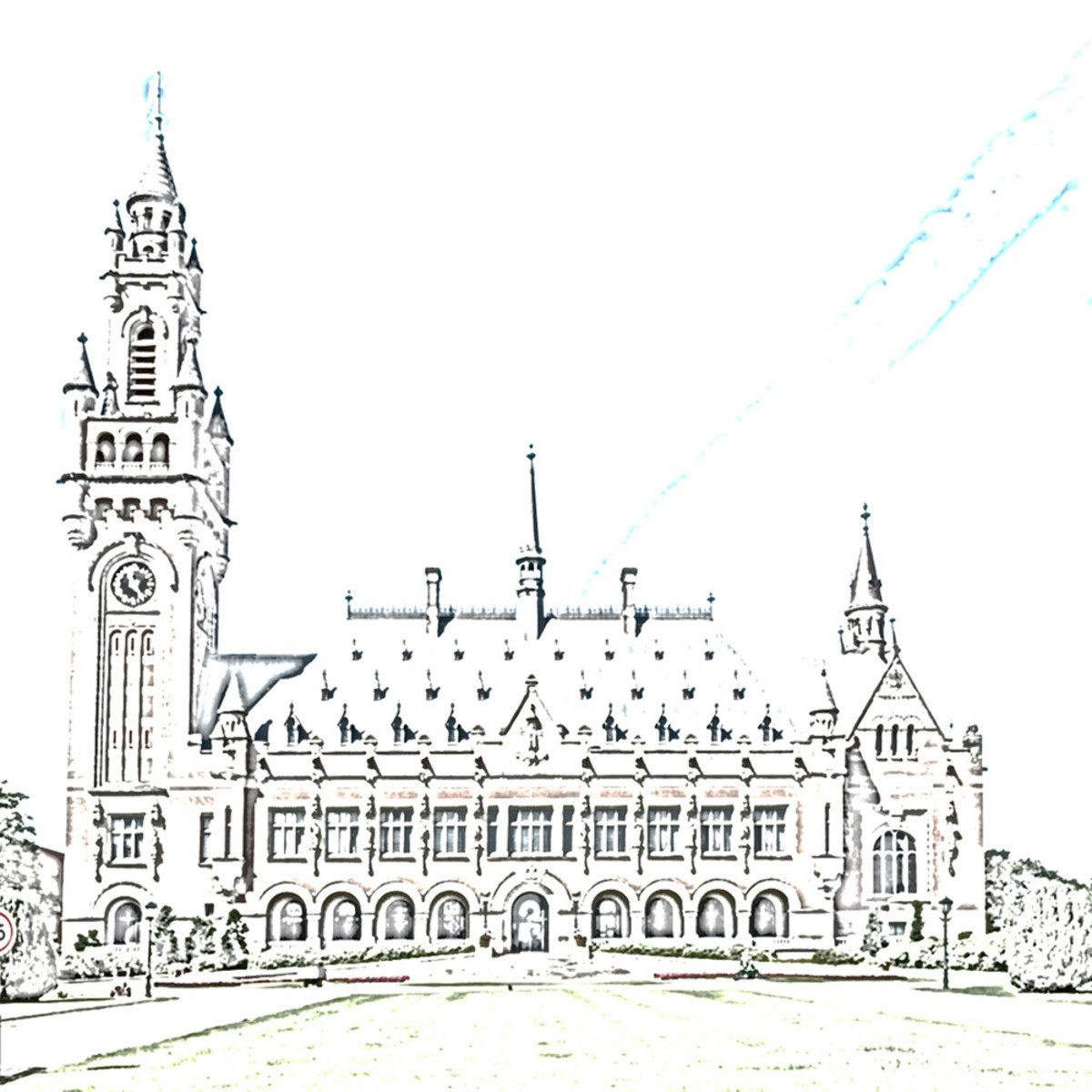International Law in Action: the Arbitration of International Disputes
Overview
‘The Arbitration of International Disputes’ is the third course of Leiden University’s series on International Law in Action. The first course covered generalities on the international courts and tribunals in The Hague, while the second course provided an insider's perspective into the work of international criminal courts and tribunals. This third course explores the major aspects of international arbitration as one of the most common method of international dispute settlement . Through this course you will gain an in-depth understanding of the various facets of international arbitration through the analysis of its role as a mechanism of dispute settlement, its institutions, the fields of law it is applicable to, and, of course, its most famous awards. The main question we will answer together during this course is "Can international arbitration contribute to the creation of a peaceful world through the settlement of disputes between States and between States and non-State actors?" In order to do so, we will learn the basic historical concepts or arbitration, as well as everything there is to know about the Permanent Court of Arbitration, based in The Hague. We will then dive into the role of international arbitration in settling disputes relating to the Law of the Sea, with a particular insight into the landmark South China Sea Arbitration. For an entire module, we will focus on investment arbitration, its principles and the procedure of the ICSID, the International Centre for Settlement of Investment Disputes. We will conclude the course with a module on the interplay between state immunity and enforcement of arbitral awards. This is brought to light through the Yukos Arbitration which is a perfect illustration of the topic. This course offers you an opportunity to gain a better insight into international arbitration, its role and the current issues relating to it. You will gain in-depth knowledge of the principles and rules of arbitration. You will explore the topic through concrete examples and the most prominent arbitrations. You will also grasp the notion of international arbitration navigating between law and politics. International arbitration and The Hague go hand in hand: several key arbitration institutes are located in The Hague and important disputes were settled here through arbitration. The Hague is, so to speak, ‘the place to be for international arbitration’, especially when we are dealing with arbitration between States, or arbitration of investment disputes between foreign investors and States. Join us for the course and become an expert on international arbitration! This course is free to join and to participate in. There is the possibility to get a verified certificate for the course, which is a paid option. If you want a certificate, but are unable to pay for it, you can request financial aid via Coursera.

